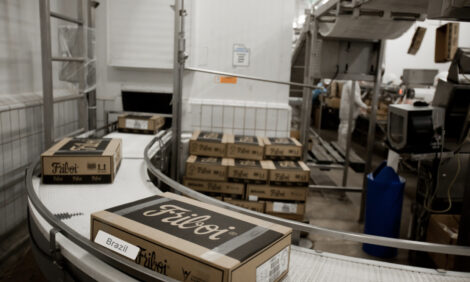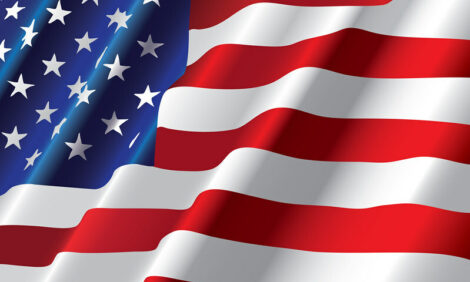



Engaging, Communicating on Welfare
IRELAND - The results of a Eurobarometer survey showed over eighty per cent of respondents across Europe consider agriculture to be beneficial to the environment, contributing to the beauty of the countryside and helping to protect rural areas, writes to Jim O’Toole, Director Meat & Livestock Division, Bord Bia – Irish Food Board.A recent article in the Meat Trades Journal reported on research carried out by Compassion in World Farming that showed pasture-reared and free-range meat, dairy and eggs contain a greater proportion of the essential fatty acid Omega 3 and more antioxidants.
A further report announced the amendment of national legislation by two member states (Sweden and the Netherlands) to enhance animal welfare concerning pig and veal production in their respective jurisdictions.
The issue of standard setting for animal welfare is gaining traction among customers, particularly in European markets.
Nervous of criticism from lobby groups, that could potentially lead to negative publicity, such customers are anxious to be able to point to good practice in their supply chain.
By engaging in this debate it is possible to argue that objective science based criteria should only be used to measure and distinguish between animal husbandry practices.
Equally the perspective of farmers who have been rearing animals for generations should not be ignored. Policy and practices should acknowledge the experience of those who make their living from ensuring animals thrive.
On the basis of the articles referred to above it would seem reasonable to conclude that extensive agriculture resonates with consumer perceptions’ of ‘natural’ and ‘traditional’.
Irish livestock production has a positive story to communicate given our production systems.
Being able to show that both farmers and food manufacturers in Ireland are strongly committed to high animal welfare standards through their active participation in Bord Bia’s Quality Assurance Schemes and more recently, Origin Green, leaves the industry well placed to contribute to market thinking on animal welfare.









